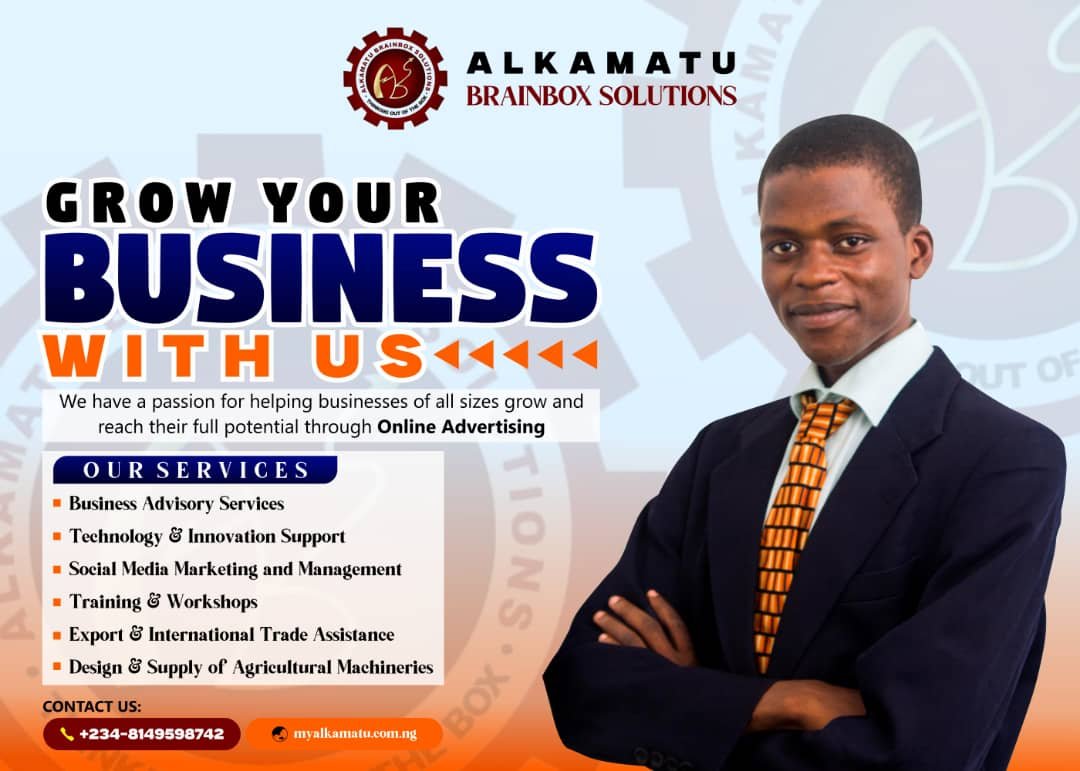GENEVA – Taking place in challenging and uncertain times, the World Trade Organization’s 13th Ministerial Conference in Abu Dhabi produced mixed results: a few successes, but also some disappointments. By contrast, the previous ministerial conference, held in June 2022, concluded with the adoption of numerous multilateral agreements and decisions, giving the WTO a temporary reprieve from its critics. Now the critics are back.
Criticism is not necessarily a bad thing; it should prompt reflection on why the WTO was created in the first place, how it has benefited its members, both rich and poor, and what impact it might have in the future. But criticism is helpful only if it accounts for the organization’s complexity, which was deepened by the dynamics of the Abu Dhabi meeting. In addition to the usual North-South challenges, the negotiations exposed emerging South-South tensions on certain issues. The differences among developing countries further complicate the WTO’s consensual approach to decision-making.
The new tensions were most evident in the areas of digital commerce and agriculture. WTO members of the African, Caribbean, and Pacific group, totaling 62 countries, aligned with developed countries and some emerging markets in supporting the extension of the moratorium on e-commerce tariffs for electronic transmissions. Others, including Indonesia, India, and South Africa, opposed extending the moratorium, citing revenue losses for their governments and the unfair advantages they believe the moratorium confers on Big Tech companies.
After tough negotiations, members eventually reached a compromise to extend the moratorium for two years, with an end date of March 31, 2026, or at the next WTO ministerial conference, whichever comes first. This deal was made possible, in part, by developing countries that view the moratorium as beneficial to their services sectors.
Likewise, a complex mix of alliances was evident during the negotiations on agricultural reform. While a united bloc of mostly developing countries called for deep cuts in developed countries’ agricultural subsidies, clear divisions appeared among emerging markets regarding “public stockholding” – the practice of purchasing agricultural goods, often at fixed prices, to bolster domestic food security – and its potential effects on trade. These differences stymied efforts to move forward on outstanding agriculture negotiations, which unfortunately led some members to block an agreement further restricting harmful fisheries subsidies.
But the Abu Dhabi meeting also achieved some important successes that are crucial to the WTO’s credibility. For starters, after years of advocacy, a decision was adopted to ease the transition for least-developed countries (LDCs) – the WTO’s poorest members – graduating to developing-country status. Members can now retain access to special trade concessions available in WTO agreements for up to three years after graduating from the LDC category.
There was also an agreement to accept two new members, Comoros and Timor-Leste, both of which undertook difficult economic reforms and implemented legislative changes over many years to qualify for membership. Their commitment demonstrates that countries still value WTO membership and being part of the rules-based multilateral trading system. In fact, 22 other countries, including Bosnia and Herzegovina, Ethiopia, Turkmenistan, and Uzbekistan, have been accelerating their WTO accession bids.
Lastly, 125 WTO members – representing three-quarters of the membership and including nearly 90 developing countries – used the plurilateral negotiating instrument to finalize the Investment Facilitation for Development (IFD) Agreement to eliminate bureaucratic barriers to domestic and foreign direct investment. This could save participating countries up to $1 billion a year in aggregate costs and make them much more attractive investment destinations. While work will continue in Geneva to insert the agreement into the WTO’s multilateral legal framework, there is no doubt that the IFD Agreement demonstrates that the WTO has innovative negotiating tools at its disposal to find common ground on topical issues.
The bottom line is that concerted collective effort is required to deliver WTO agreements and create an organization capable of tackling this century’s problems. Failure to achieve these aims can no longer be blamed solely on the United States – or any one country, for that matter – for lack of leadership or loss of interest.
Yes, the US partially hobbled the WTO’s dispute-settlement system by blocking new appointments to its Appellate Body. But the US had some valid criticisms of the system, as did other countries. In response, WTO members have started work on the reforms, with the expectation to complete the work by the end of the year.
The dynamics at the WTO have changed. While US leadership is still essential, meaningful reform will require other members, including emerging markets and developing countries, to take the lead and help steer the organization – over which they clearly exert real influence, as was obvious in Abu Dhabi. It will also be crucial to work with developing countries to ensure that any proposed reforms provide the conditions they need to grow and prosper.
The WTO has adopted a forward-looking agenda to support digital and green trade, promote services, foster inclusion, and create a level global playing field. WTO members – and the entire world – stand to benefit from working together to achieve these goals.
Ngozi Okonjo-Iweala, Director-General of the World Trade Organization, is a former finance minister and foreign affairs minister of Nigeria and board chair of Gavi, the Vaccine Alliance. She is a distinguished visiting fellow at the Brookings Institution, a Global Public Leader at Harvard University’s John F. Kennedy School of Government, and a co-chair of the Global Commission on the Economics of Water.




